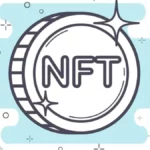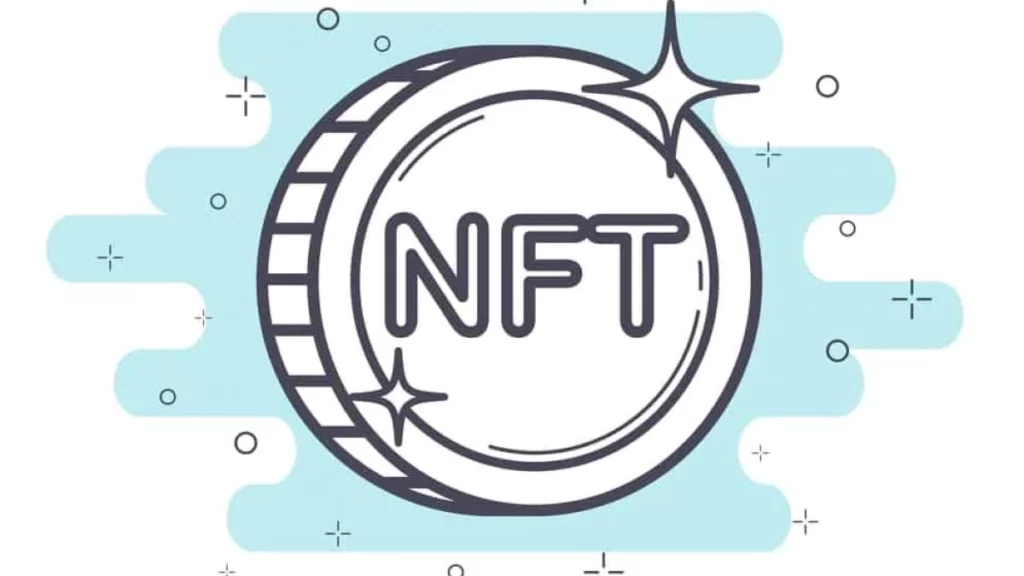As digital assets (NFTs, DAOs, the metaverse, and blockchain tech) become more mainstream, the need to develop effective Web3 revenue strategies is becoming increasingly important.
JoAnn Holmes practices in the areas of digital asset law and intellectual property licensing. She helps innovators, brands, and creators monetize IP, build Web3 revenue, and manage evolving legal risks.
She advises digital asset clients on a variety of issues including NFT launches, brand partnerships, DAO governance, and metaverse assets. She also provides strategy sessions to help design and launch Web3 products and services, legal consultations for early stage projects, and recurring advisory services for scaling organizations.
For 20 years, Jo has successfully negotiated with Fortune 100s companies and managed IP portfolios spanning 150 countries that generate over $2 billion in annual revenue.
We caught up with her to find out more about her work.
VIDEO CHAPTERS
0:00 – Intro
0:39 – What inspired her to start her law firm.
2:36 – Why she pivoted to focus on digital assets/Web3.
3:57 – How Web3 differs from the present and previous versions of the internet.
6:36 – Why businesses, brands, and creators should consider incorporating Web3 technology.
8:53 – Types of businesses are best suited for a Web3 strategy.
14:00 – The first steps a brand or business should take in developing a Web3 strategy.
20:26 – How Web3 is influencing laws internationally.
25:40 – Using Web3 to advance diversity and racial equity in tech ecosystems.
32:33 – Contact info
Disclaimer: The information provided does not, and is not intended to, constitute legal advice; instead, all information provided is for general informational purposes only.






































